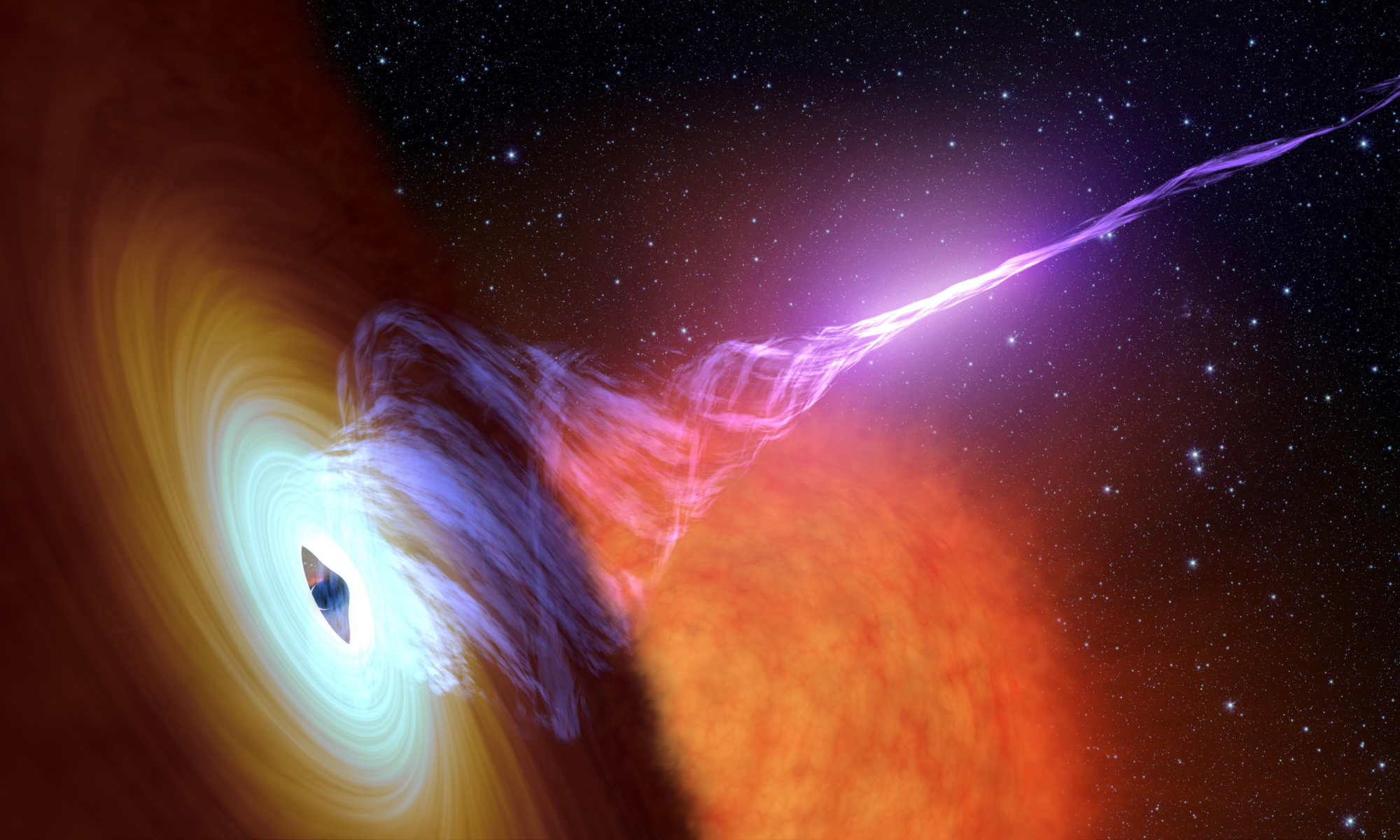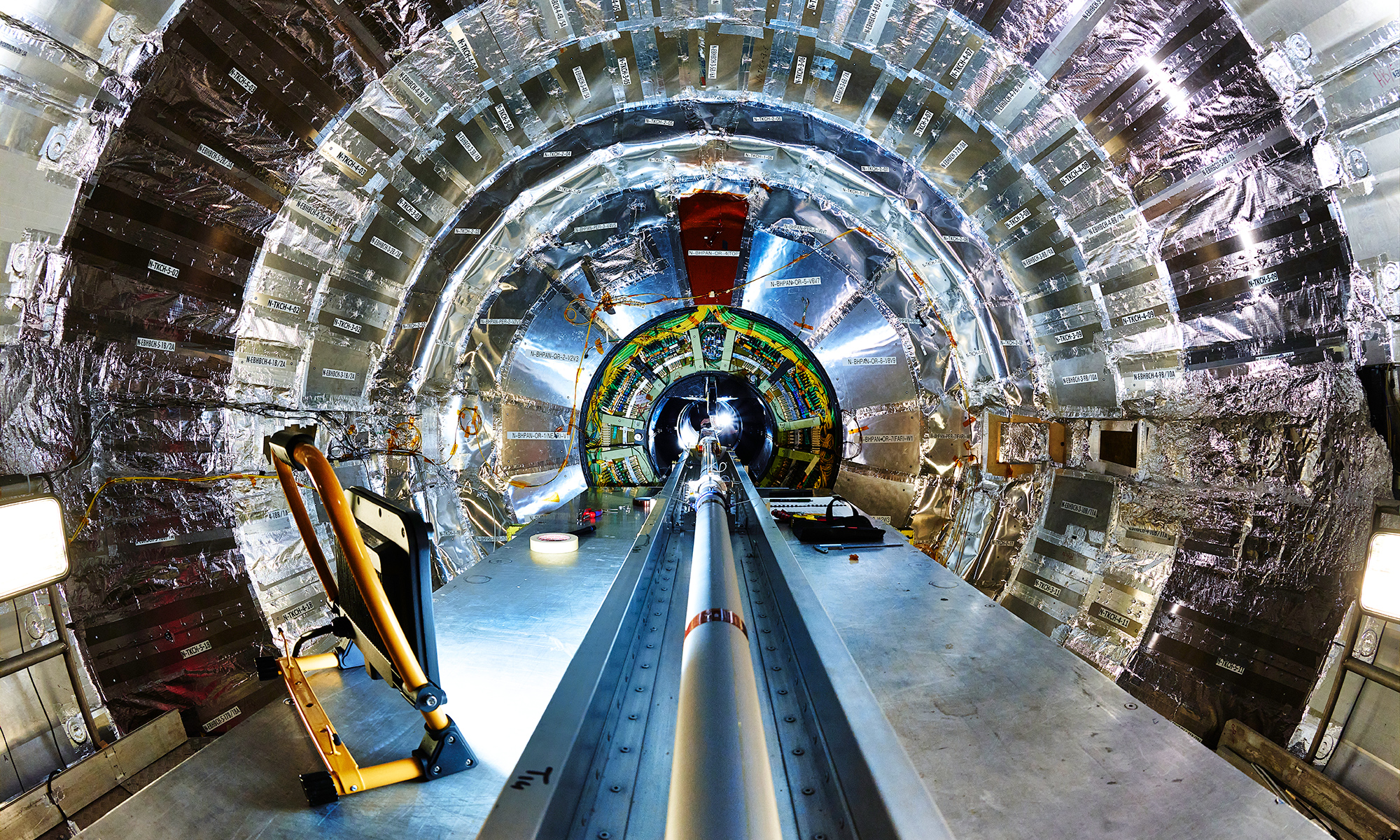Asma Al-Qasimi was elated when she won a Natural Sciences and Engineering Research Council (NSERC) Postdoctoral Fellowship to study quantum physics at the University of Rochester.
Her path seemed clear. She was in exactly the right place, studying with exactly the right people, to further explore the “gray area” between quantum and classical objects.
Then, a year later, Asma and her husband Daniel James, a ’92 PhD graduate of the University of Rochester, now professor of physics at the University of Toronto, started a family. Just a few weeks into her first pregnancy the morning sickness began. After a trip to the emergency room in her second trimester, she was diagnosed with a hyperemesis gravidarum, condition that affects less than 1 percent of pregnant women.
Al-Qasimi put her career on hold for three years, during which she and James coped with another difficult pregnancy.
As Sara Webb has written in Science, “The challenge of juggling a science career and personal and family obligations is not a new issue, particularly for women. In a career where productivity and publications define your value, can you take a couple of years off and then make a successful return? When you do, will employers trust your dedication to your job?”
This is an issue for women in all academic fields, but especially in STEM fields, where women have been traditionally underrepresented.
Other programs that support re-entry to research or the academic workforce
National Institutes of Health Research Supplements to Promote Re-Entry into Research Careers
National Science Foundation Re-entry to Active Research Program (RARE)
“There are many reasons why we do not have as many women in STEM fields as we would like,” Al-Qasimi says. “But I think that a very important one is women having to choose between having children or continuing their careers without interruptions.”
Fortunately, Al-Qasimi was welcomed back to her group at the University. She applied for, and won, the M. Hildred Blewett Fellowship from the American Physical Society. The fellowship enables women to return to physics research careers after having had to interrupt those careers.
Blewett was an accelerator physicist at Brookhaven, Argonne, and CERN, starting at a time when there were few women in the field. According to an APS profile, Blewett always felt she was held back in her career because she was a woman—and remembered having to take a year off from college for lack of funding. Thus, her interest in bequeathing an award that would help women physicists overcome such obstacles.
Recently, the fellowships have been awarded to three to five recipients a year.
“Asma is a remarkable young woman, and we’re very pleased that her unique qualities could be recognized in this way,” says Joseph Eberly, the Andrew Carnegie Professor of Physics and Optics, who is her research sponsor at the University of Rochester. “It’s not surprising that Asma was selected, because her credentials are strong and very solidly aligned with the Fellowship’s description. ”
The award has made all the difference to Al-Qasimi. She has never regretted her decision to interrupt her career “to have two beautiful children.” But she is glad she did not have to give up the research she is passionate about.
Otherwise, she says, “I would always feel that I haven’t fulfilled what I’m here to do.
“There would have been a sadness in the background, always.”



